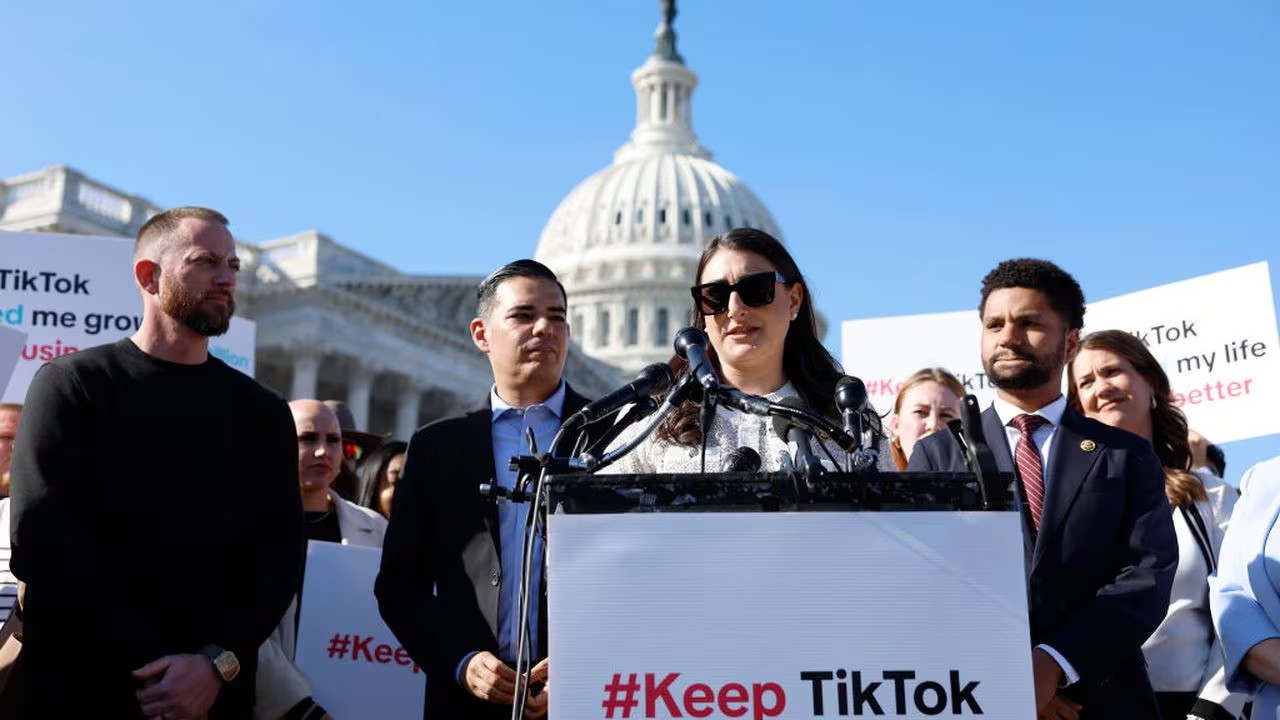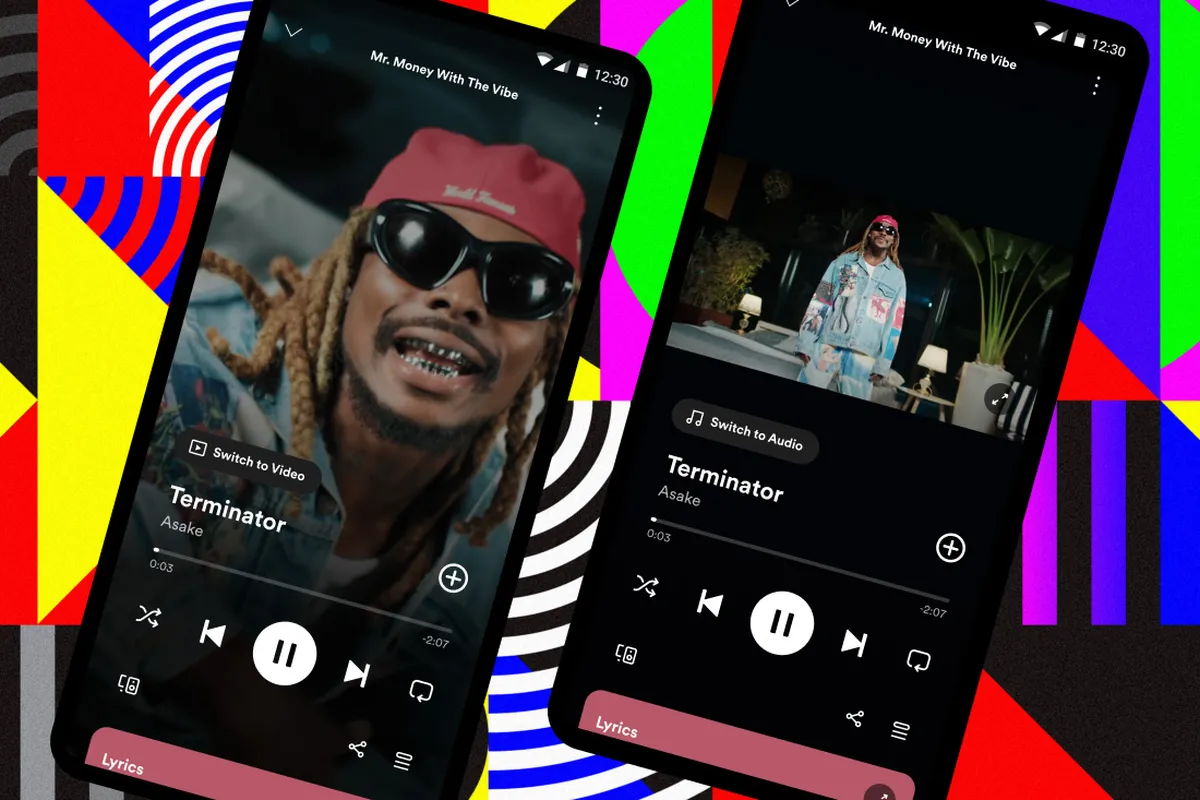Many scientists have begun to analyze what it has to do with the possible arrival of a next pandemic and how to act. In view of this, different data presented in Sweden and the United States suggest the economic incentive. Paying people to get vaccinated would be the way to address distrust and unwillingness to receive them.
Money seems to be the only way to get people vaccinated in the face of a new global epidemic. The cash, some specialists argue, gets people to quit smoking, exercise and keep up with medications. The covid-19 had the imperative to be vaccinated against this virus, more than to prevent it, to avoid worries or complications that could lead to compulsive hospitalizations. Countries worked on different approaches to “manage” the population and avoid the collapse of the health sector.
Faced with this situation, some leaders implemented rigorous measures to preserve public health. They also engaged with communities that had difficulties in accessing sanitation. In this sense, a lot of marketing was also aimed at celebrities announcing the arrival of the vaccination. Without forgetting that the vaccine was also aimed at the obligatory nature of the vaccine for the common good.
A programmed pandemic
The arrival of another virus affecting the bulk of the world’s population has been the focus of various disputes. Academics and policymakers have begun to think about offering cash to vaccinees. This reopens a thorny debate about the reality of society and its interests. Those who are on the utilitarian side point to the public benefit, with vaccination, over and above any harm that might be done. However, there is no guarantee that by offering money people can be convinced.
A study conducted by Israeli high school students in 2000 found that groups with a commission to raise money for charity raised more money than those that did not. This monetary incentive is being considered to “convince” people to get vaccinated in the event of an upcoming pandemic.
Subsequently, there is concern as to whether these cash incentives will not have unexpected and unintended long-term consequences. Offering money to the population could generate a predisposition to do nothing for free in the future. In addition, it could generate distrust in the government and the scientific view of the problem.
The power of money for the general good
Vaccines, as seen in the covid-19 pandemic, have generated divisions among the population, which is not the case with other issues such as blood donation. For their part, many people join paid clinical trials, knowing that the higher the income, the greater the risk to their health. Paying for vaccination could lead people to overestimate the true risks of the situation.
A final point, to evaluate this situation, is around ethics and the nebula that is generated around it. Various specialists have argued that a monetary reward would be different for those who are unemployed than for those who have not been affected by the “new reality”. Many understand that offering cash is a form of coercion or exploitation, since many people will see it as an income or a way out of their economic problem.




